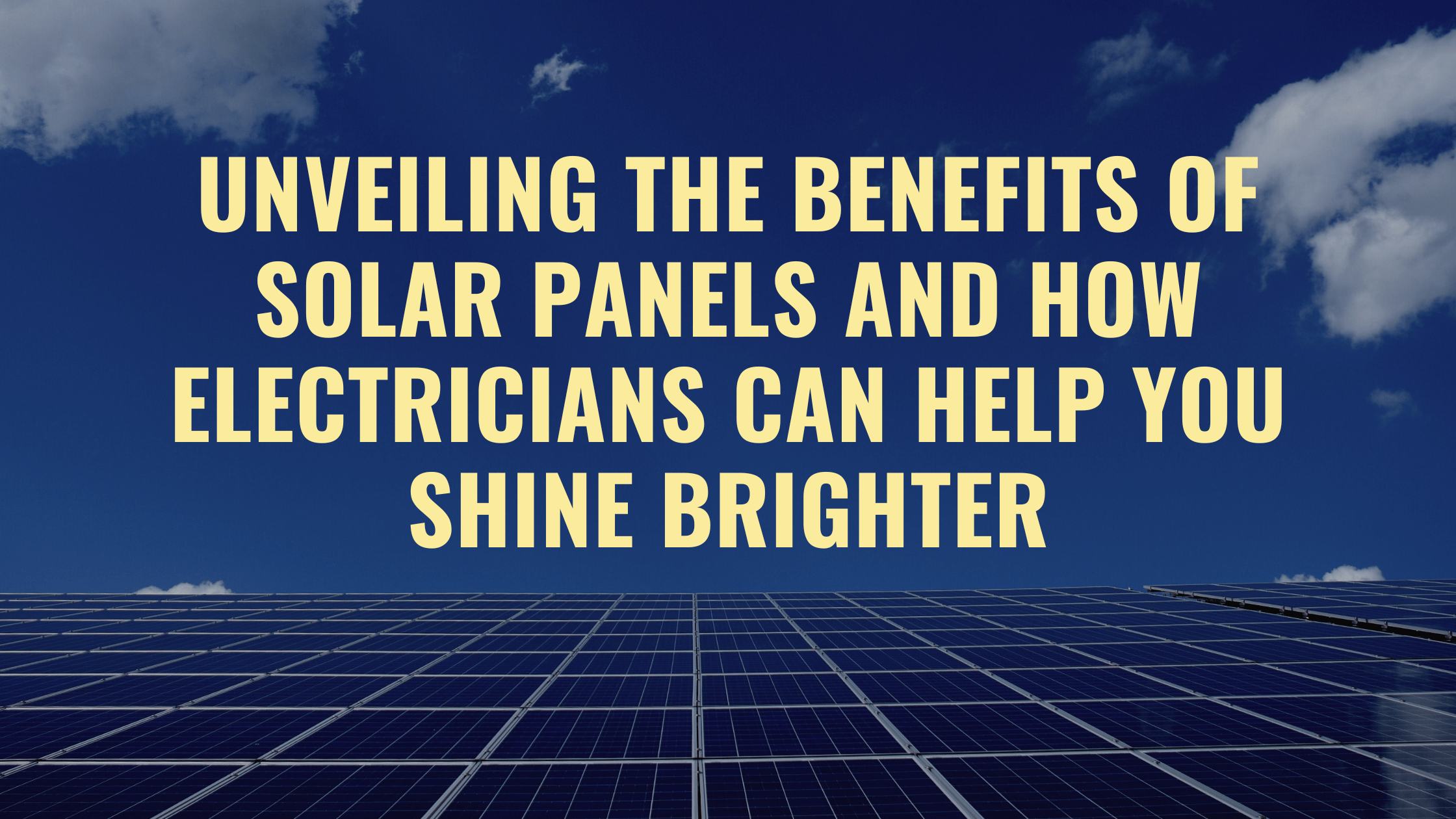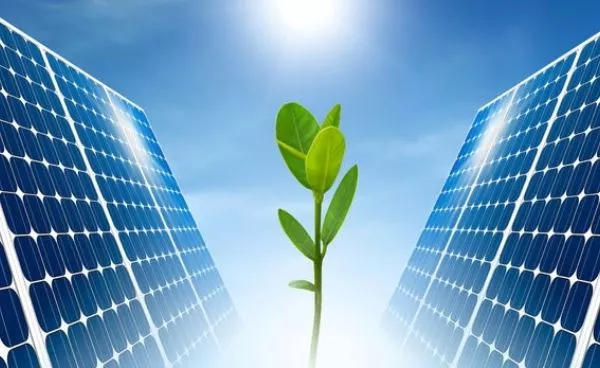Simply Solar Illinois: Leading Solar Energy Solutions for Residences and Companies
Simply Solar Illinois: Leading Solar Energy Solutions for Residences and Companies
Blog Article
Solar Power 101: A Newbie's Guide to Sustainable Power Solutions
As the world significantly shifts towards sustainable power remedies, understanding the basics of solar power ends up being important for both individuals and businesses. By discovering the benefits of solar innovation, along with the financial incentives and setup procedures, one can gain a clearer perspective on how to efficiently incorporate this eco-friendly source right into their power method.
Understanding Solar Power
At its core, recognizing solar power includes understanding the basic concepts of how sunlight can be converted into usable electricity. Solar energy is stemmed from the sun's radiation, which can be harnessed via different modern technologies. The primary mechanism for this conversion is the photovoltaic effect. This phenomenon happens when sunlight strikes semiconductor materials, usually silicon-based, within solar batteries. The power from the sunshine thrills electrons in the semiconductor, permitting them to stream freely and produce straight existing (DC) electricity.

Recognizing solar power also entails acknowledging its ecological advantages. By using sunlight, we can reduce greenhouse gas exhausts and lower air contamination, adding to a much more sustainable future. The innovations in technology and efficiency of solar systems remain to boost their practicality, making solar power an increasingly attractive option for international energy demands.
Kinds of Solar Energy Systems
Different kinds of solar energy systems are typically used to harness solar energy for electrical energy generation. The primary categories include solar (PV) systems, focusing solar energy (CSP) systems, and solar thermal systems.
Solar systems use solar panels composed of silicon cells that convert sunshine straight into power. These systems are flexible and can be set up on rooftops, ground mounts, or incorporated into structure products.
Focusing Solar Power systems, on the various other hand, use mirrors or lenses to concentrate sunshine onto a small location, generating heat that drives a steam wind turbine to create electricity - Simply Solar Illinois. CSP systems are usually deployed in large-scale nuclear power plant and require direct sunshine, making them less appropriate for over cast areas

Each kind of solar energy system has its one-of-a-kind qualities, applications, and viability depending upon geographical location, power demands, and budget plan, making it vital to evaluate alternatives based upon certain conditions. - Simply Solar Illinois

Advantages of Solar Energy
Harnessing solar power with various systems not only gives a sustainable way to generate electrical power but additionally uses a wide variety of benefits. Among one of the most significant benefits is the reduction in greenhouse gas exhausts, adding to a cleaner atmosphere and combating environment change. Solar Website energy is renewable, suggesting it is infinite and available as long as the sunlight beams, unlike nonrenewable fuel sources, which are finite and depleting.
Moreover, solar power can bring about significant expense financial savings with time. Homeowners and businesses can minimize their electricity expenses substantially, and in most cases, they may make credit reports for excess power produced via web metering. In addition, the solar market develops tasks, from producing to installation, boosting local economies.
Another compelling advantage is energy freedom. By creating their own electrical power, individuals and areas can minimize dependence on exterior power resources, boosting resilience against varying power rates and supply disruptions. Solar power systems call for marginal upkeep, making them a convenient choice for sustainable energy generation.
Setup Refine Introduction
The installment process for solar energy systems usually entails several essential actions that make certain efficient integration right into a home. A detailed site assessment is performed to assess the roofing's positioning, shading, and structural honesty, which are critical to optimizing solar panel efficiency. Following this assessment, the style phase starts, where a tailored solar energy system is set up based upon the homeowner's power demands and preferences.
As soon as the style is wrapped up, the essential licenses and approvals are acquired from local authorities, making certain conformity with regulations. The real installment includes mounting go to the website the solar panels on the roof or ground, attaching them to an inverter, and incorporating the system with the home's electrical arrangement. This stage may additionally involve installing battery storage systems, depending on the style.
With the installation total, the solar power system can start creating sustainable energy, contributing to sustainability and lowering utility costs. This structured approach makes sure that solar systems are both effective and trusted, maximizing their long-term advantages.
Financial Incentives and Financial Savings
Checking out the financial rewards and cost savings associated with solar energy systems can dramatically enhance the appeal of making the button to eco-friendly power. One of the most significant motivations is the government solar tax debt, which allows house owners to subtract a percentage of their solar system installment expenses from their federal taxes.
In addition to tax obligation credit histories, lots of states offer discounts that can even more lower upfront expenses. Some energy business likewise provide performance-based incentives, satisfying solar energy production in time. Financing options, such as solar finances and leases, enable customers to install systems with little to no deposit, making solar power more obtainable.

Lasting financial savings are one more essential aspect. By generating their very own electricity, homeowners can significantly lower and even remove their regular monthly energy expenses. In addition, solar systems can boost building values, supplying a strong return on investment. On the whole, the combination of incentives and financial savings makes solar power a financially eye-catching option for many households.
Verdict
Finally, solar energy stands for an important element of lasting power solutions, supplying a path toward minimized carbon footprints and improved environmental management. The varied sorts of solar power systems, visit homepage paired with significant financial incentives, assist in wider fostering amongst people and areas. Understanding the installation procedures and advantages connected with solar power encourages stakeholders to make informed choices. Eventually, the change to solar energy not only promotes ecological obligation yet additionally advertises economic cost savings and energy self-reliance.
Report this page